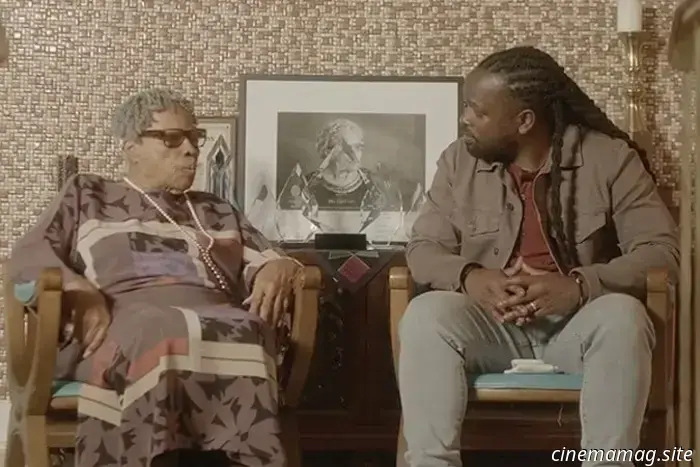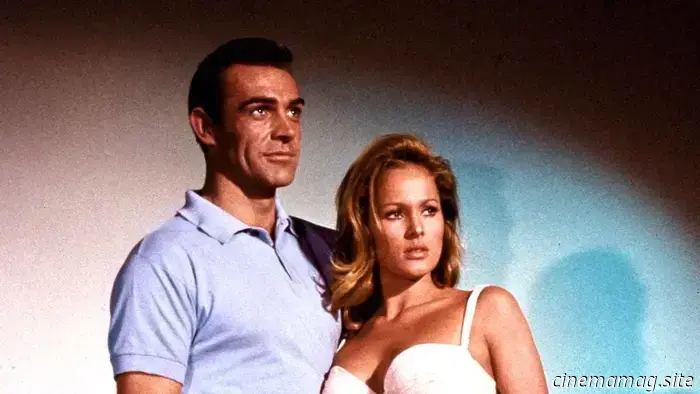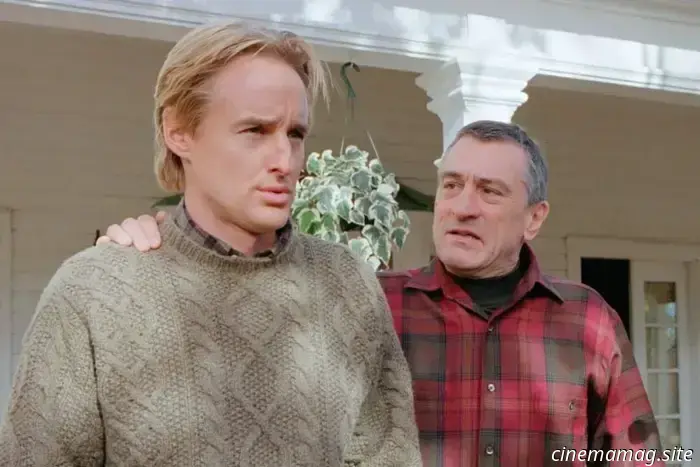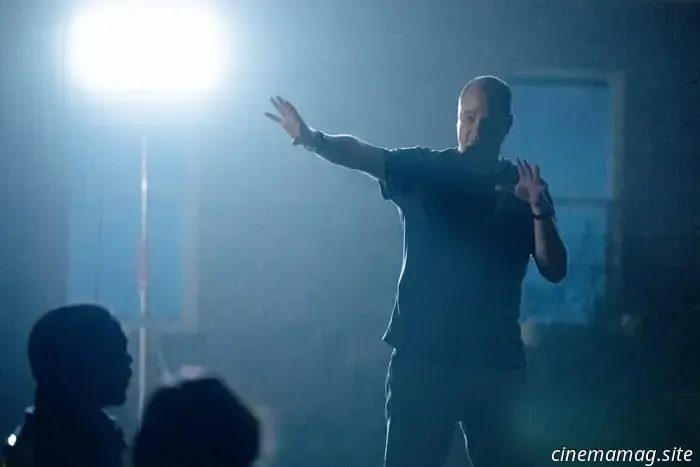
In Juneteenth: Faith and Freedom, the Descendants of the Freed Individuals Share Their Narratives.
Rasool Berry grew up learning about Juneteenth through the same inaccurate narrative that many Americans hear: That the celebration marks June 19, 1865, the day when Galveston, Texas, finally got news of the Emancipation Proclamation that liberated enslaved individuals.
While there are elements of truth in this narrative—June 19, 1865, indeed marks the date that Union General Gordon Granger led thousands of troops into Galveston—the documentary Juneteenth: Faith & Freedom, which Berry executive produces and hosts, reveals that the troops were not merely delivering good news.
The film illustrates that Texas slaveholders were fully aware that President Abraham Lincoln had issued the Emancipation Proclamation two-and-a-half years earlier on January 1, 1863, yet they remained indifferent. This changed significantly with the arrival of thousands of Union soldiers, both Black and white.
“The soldiers didn’t come here to inform,” states Galveston genealogist Sharon Batiste Gillins in the film. “They came here to enforce.”
The Real History of Juneteenth
Gillins is one of several Texas historians, religious leaders, and activists who share the true account of the newest national holiday in Juneteenth: Faith and Freedom, which is available for free on YouTube.
Many of the individuals interviewed in the documentary are descendants of the freed individuals. They enthusiastically debunk myths that have been used throughout American history as propaganda to downplay the horrors of slavery and the subsequent oppression that continued long after 1865.
“History is complex because people often prefer to view past events in a light that reflects the positive rather than the negative,” Berry notes in an interview you can view below.
“We believed that consulting original sources—namely, the descendants of those emancipated—would provide the most accurate and clear perspective on what that day meant to them.”
The film has also garnered attention due to its impactful soundtrack, which you can listen to here.
Juneteenth, a holiday long celebrated in Texas, was designated a national holiday in 2021 largely due to Opal Lee, an activist who turned 96 last year. Referred to as the “grandmother of Juneteenth,” at 89, she walked from her home in Fort Worth, Texas, to Washington, D.C., advocating for the holiday to be recognized nationwide.
President Biden signed it into law following the national outcry for racial justice sparked by the murder of George Floyd.
The film emphasizes that the struggle for justice is often precarious, with progress frequently interrupted by devastating setbacks. It notes that Lee’s earliest recollection of Juneteenth came at age 12, when, on June 19, 1939, her family home was destroyed by 500 white rioters.
“To witness what that meant for her and see her work finally come to fruition was incredibly powerful,” Berry reflects. “However, it was equally profound to recognize that her first memory of Juneteenth was not one of celebration.”
Directed by Ya’Ke Smith and produced by Our Daily Bread Media, a part of Our Daily Bread Ministries, the film also explores how Christianity has historically been manipulated to justify slavery and other injustices. An expert featured in the film recounts how enslaved individuals were provided with a so-called “Slave’s Bible,” modified to remove anything that could inspire a pursuit of freedom.
Although Berry did not grow up in a Christian environment, he is now a teaching pastor at The Bridge Church in Brooklyn, New York, and is particularly intrigued by how Black churches transformed Christianity into a vehicle for justice.
“The narrative they embraced was that liberation and freedom were at the heart of Christian expression,” he states.
“And this message resonated not only with Christians but with all people — it motivated and inspired their faith. We found it crucial to share this narrative. Particularly today, we still observe instances of individuals using or misusing faith or religious terminology to oppress marginalized groups.
“We aim to demonstrate that this is not how these individuals interpreted the text. In fact, many distorted perspectives were employed to justify their actions under the guise of Christianity.”
You can watch our interview with Rasool Berry regarding Juneteenth: Faith and Freedom right here.
Main image: Opal Lee, the grandmother of Juneteenth, with Rasool Berry in Juneteenth: Faith and Freedom.
This piece was originally published in 2022 when Juneteenth: Faith and Freedom was showcased at the Heartland International Film Festival and has been updated and republished today in honor of Juneteenth.
Other articles
 Physical editions of Five Nights at Freddy’s: Into the Pit are now released.
Mega Cat Studios and iam8bit have revealed the launch of physical editions of the spine-tingling adventure Five Nights at Freddy’s: Into the Pit for Nintendo Switch and Xbox Series X|S (including Smart Delivery). Check out the new launch trailer below…. The Retail Edition will include the game on disc or cartridge, along with a download code […]
Physical editions of Five Nights at Freddy’s: Into the Pit are now released.
Mega Cat Studios and iam8bit have revealed the launch of physical editions of the spine-tingling adventure Five Nights at Freddy’s: Into the Pit for Nintendo Switch and Xbox Series X|S (including Smart Delivery). Check out the new launch trailer below…. The Retail Edition will include the game on disc or cartridge, along with a download code […]
 Tape - Review of the Raindance Film Festival 2025
Tape, 2024. Directed by Bizhan M. Tong. Featuring Adam Pak, Kenny Kwan, and Selena Lee. SYNOPSIS: Three former classmates come together in Hong Kong after 15 years and must face challenging memories from their past. Fifteen years after high school, three old friends find themselves in a hotel room in Hong Kong, compelled to confront […]
Tape - Review of the Raindance Film Festival 2025
Tape, 2024. Directed by Bizhan M. Tong. Featuring Adam Pak, Kenny Kwan, and Selena Lee. SYNOPSIS: Three former classmates come together in Hong Kong after 15 years and must face challenging memories from their past. Fifteen years after high school, three old friends find themselves in a hotel room in Hong Kong, compelled to confront […]
 Blitzway reveals a collection of sixth scale action figures based on Ghostbusters.
Blitzway has officially revealed its Ghostbusters Premium UMS collection sixth scale figures featuring Peter Venkman, Raymond Stantz, Egon Spengler, and Winston Zeddemore. These figures are designed to resemble Bill Murray, Dan Aykroyd, Harold Ramis, and Ernie Hudson as the ghost hunters from Ivan Reitman's cherished 1984 supernatural comedy. The collectibles are currently available for pre-order […]
Blitzway reveals a collection of sixth scale action figures based on Ghostbusters.
Blitzway has officially revealed its Ghostbusters Premium UMS collection sixth scale figures featuring Peter Venkman, Raymond Stantz, Egon Spengler, and Winston Zeddemore. These figures are designed to resemble Bill Murray, Dan Aykroyd, Harold Ramis, and Ernie Hudson as the ghost hunters from Ivan Reitman's cherished 1984 supernatural comedy. The collectibles are currently available for pre-order […]
 Ranking All the Actors Who Portrayed James Bond, From Sean Connery to David Niven
While we await the announcement of the next James Bond, here’s a ranking of all seven—oh, we meant 007—actors who have portrayed the iconic role, from Daniel Craig to Sean Connery to David.
Ranking All the Actors Who Portrayed James Bond, From Sean Connery to David Niven
While we await the announcement of the next James Bond, here’s a ranking of all seven—oh, we meant 007—actors who have portrayed the iconic role, from Daniel Craig to Sean Connery to David.
 Owen Wilson is back for Meet The Parents 4 as initial plot details are unveiled.
In Meet the Parents 4, another original cast member is set to return as The Hollywood Reporter has revealed that Owen Wilson will be reprising his role from the previous three films. Wilson will reunite with original stars Ben Stiller, Robert De Niro, Teri Polo, and Blythe Danner, with series co-writer John Hamburg directing and writing this new installment. Wilson [...]
Owen Wilson is back for Meet The Parents 4 as initial plot details are unveiled.
In Meet the Parents 4, another original cast member is set to return as The Hollywood Reporter has revealed that Owen Wilson will be reprising his role from the previous three films. Wilson will reunite with original stars Ben Stiller, Robert De Niro, Teri Polo, and Blythe Danner, with series co-writer John Hamburg directing and writing this new installment. Wilson [...]
 Director Mike Flanagan of The Life of Chuck discusses themes of horror, hope, and insights inspired by RuPaul.
The director of The Life of Chuck, Mike Flanagan, dedicated years to making films and working in reality television before he leveraged a Kickstarter campaign to achieve success with the
Director Mike Flanagan of The Life of Chuck discusses themes of horror, hope, and insights inspired by RuPaul.
The director of The Life of Chuck, Mike Flanagan, dedicated years to making films and working in reality television before he leveraged a Kickstarter campaign to achieve success with the
In Juneteenth: Faith and Freedom, the Descendants of the Freed Individuals Share Their Narratives.
In Juneteenth: Faith and Freedom, Rasool Berry addresses the descendants of those who were freed, sharing the authentic narratives surrounding our most recent federal holiday.
